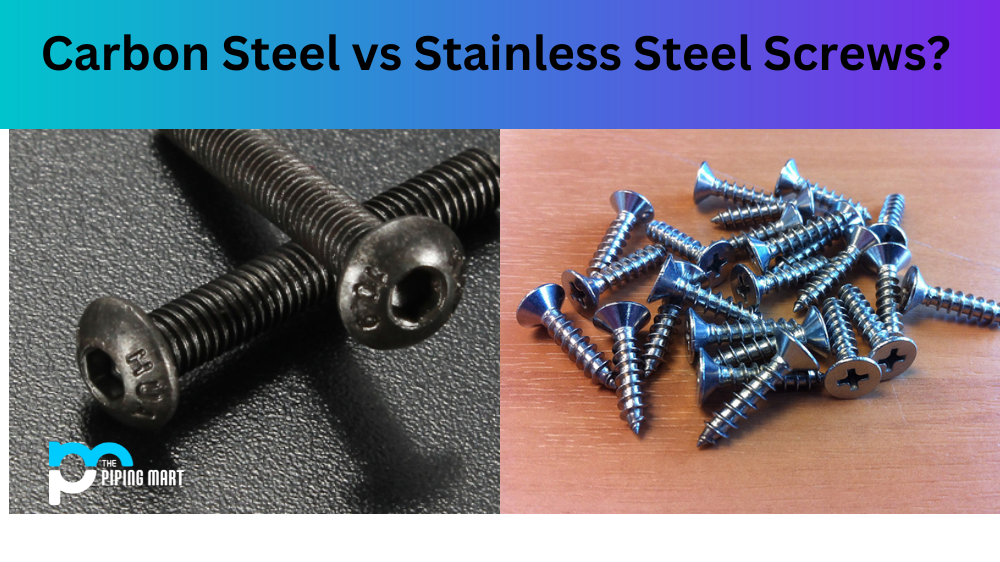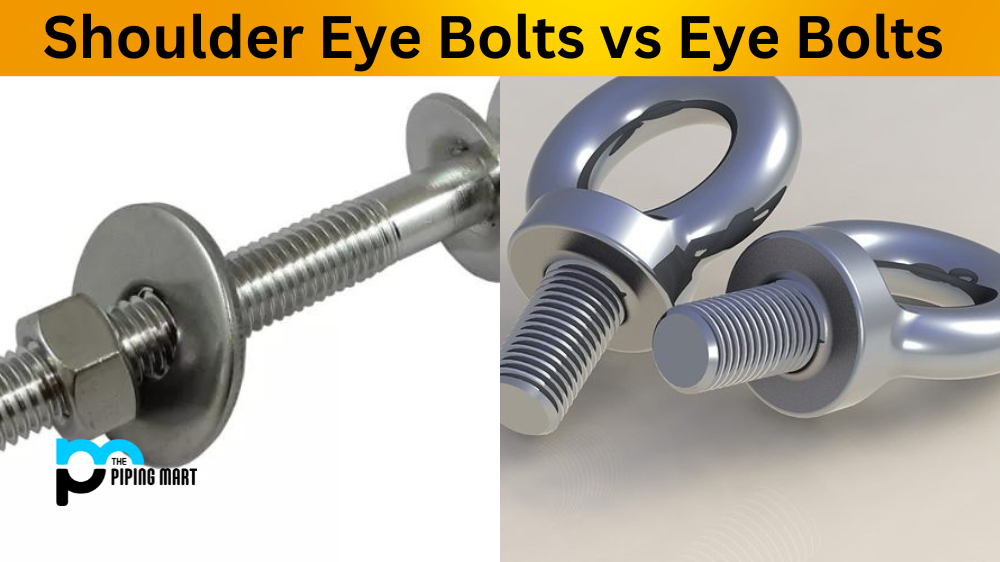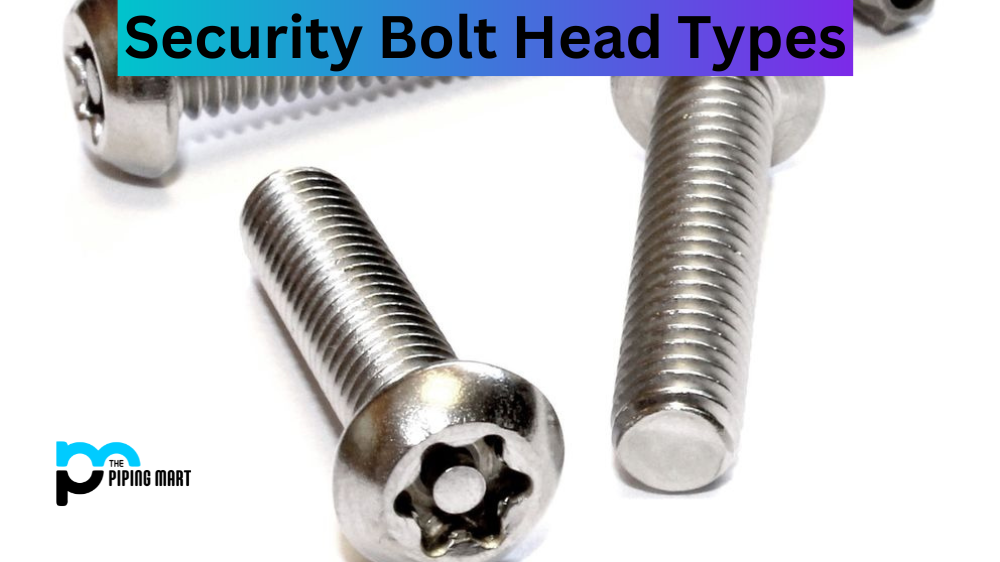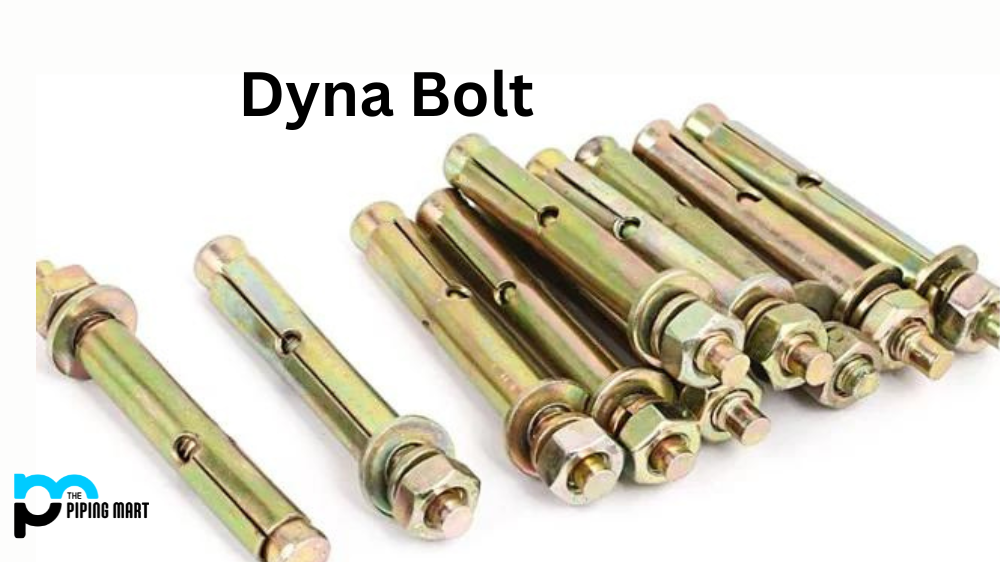If you’re working on a project that requires screws, one of the most important decisions you’ll have to make is whether to use carbon steel or stainless steel screws. Both types of screws are incredibly versatile, but they have their own unique advantages and disadvantages. So how do you decide which type is right for your project? Let’s take a look at the key differences between carbon steel and stainless steel screws.
Carbon Steel Screws
Carbon steel screws are incredibly strong and durable. They’re also relatively inexpensive, making them a popular choice for DIYers on a budget. However, one of the main drawbacks of carbon steel screws is that they can corrode over time when exposed to moisture or extreme temperatures. This means that if your project will be exposed to the elements, you may want to consider using stainless steel instead.
Stainless Steel Screws
Stainless steel screws are more expensive than carbon steel screws, but they offer superior corrosion resistance in moist environments or climates with high humidity. Stainless steel is also non-magnetic, so it won’t interfere with sensitive electrical equipment or devices like compasses. One major drawback of stainless steel is its susceptibility to galling—a type of wear caused by friction as two surfaces move against each other—so it should not be used in applications where frequent adjustments are required.
Difference Between Carbon Steel and Stainless Steel Screws
Different Materials
The first and most obvious difference between carbon steel and stainless steel screws is the material from which they are made. Carbon steel screws are made from, well, carbon steel. This is a type of steel that contains carbon, as well as other alloying elements. Stainless steel screws, on the other hand, are made from a type of steel that contains chromium. This gives the steel its distinctive shiny appearance and makes it resistant to corrosion.
Different Properties
Due to the different materials from which they are made, carbon steel and stainless steel screws have different properties. Carbon steel screws are harder than stainless steel screws, making them more resistant to wear and tear. However, this also makes them more susceptible to rusting. Stainless steel screws, on the other hand, are not as hard as carbon steel screws but are more resistant to rusting thanks to the chromium in their composition.
Different Uses
Because of their different properties, carbon steel and stainless steel screws have different uses. Carbon steel screws are typically used in applications where strength is more important than resistance to corrosion, such as in construction or automotive applications. Stainless steel screws are often used in applications where resistance to corrosion is more important than strength, such as in marine or food processing applications.
Different Prices
Finally, carbon steel and stainless steel screws also differ in price. Carbon steel screws tend to be less expensive than stainless steel screws due to the fact that they are made from a less expensive material. Stainless steel screws tend to be more expensive than carbonsteel screws due to the fact that they offer better resistance to corrosion
Conclusion:
When deciding between carbon steel and stainless steel screws for your project, there are several factors to consider. From cost and strength to corrosion resistance and magnetic interference, understanding each type’s unique pros and cons can help you make an informed decision about which screw material is best suited for your needs. Ultimately, it all comes down to what kind of environment your project will be in—and how long you need it to last. With this knowledge in mind, you’ll be able to choose the right type of screw for any job!

Abhishek is a seasoned blogger and industry expert, sharing his insights and knowledge on various topics. With his research, Abhishek offers valuable insights and tips for professionals and enthusiasts. Follow him for expert advice on the latest trends and developments in the metal industry.




